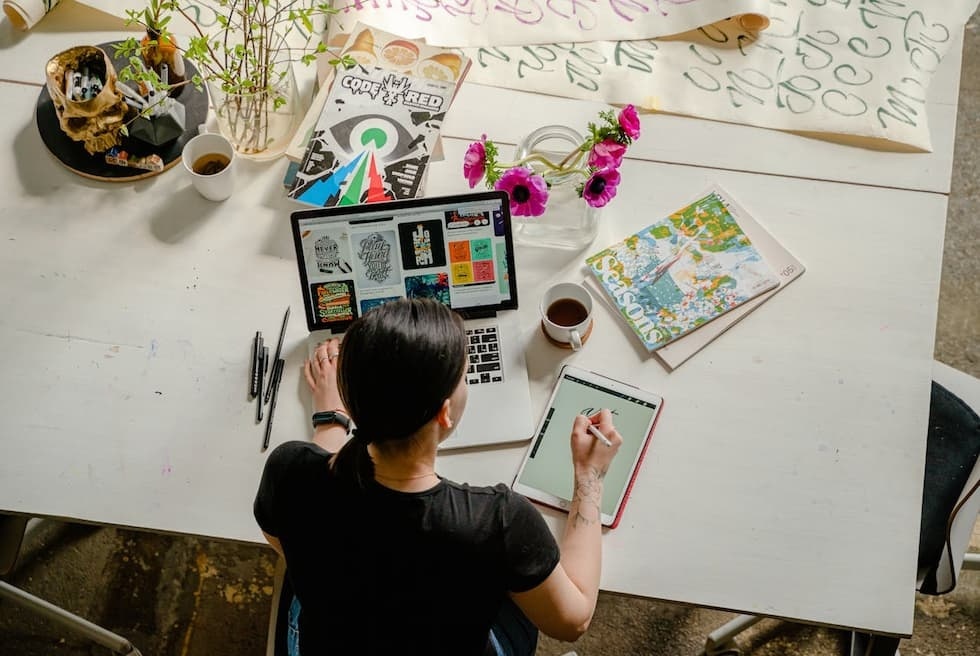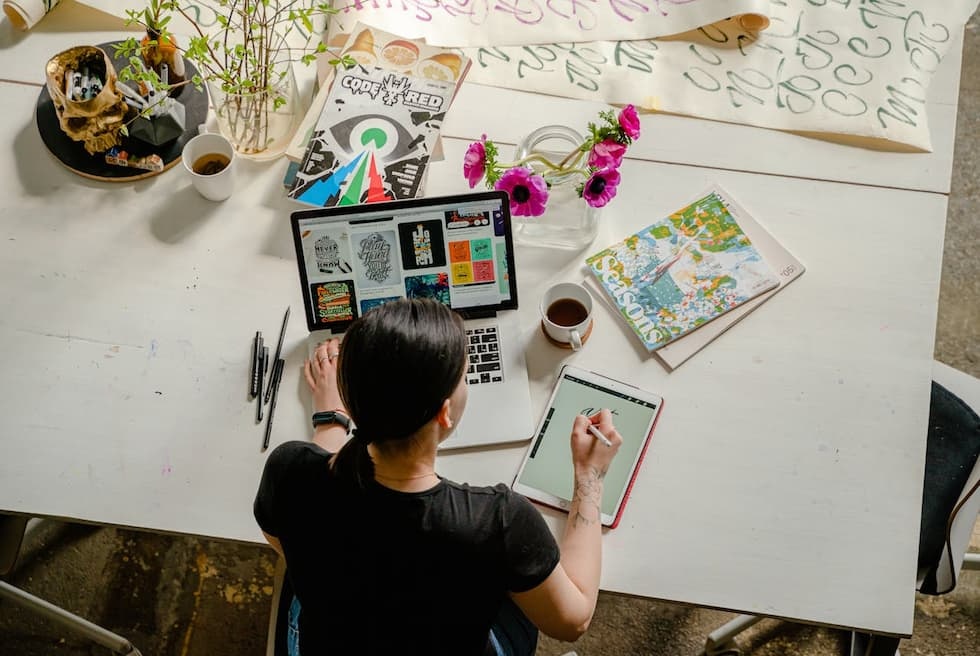Are You Staying Busy to Avoid Anxiety? Here’s Why It Happens

In today’s world, staying busy is often worn as a badge of honor. From packed calendars to never-ending to-do lists, many of us are constantly on the move. But beneath the surface, this constant busyness may not just be a drive for productivity; it can be a coping mechanism for deeper emotional struggles, particularly anxiety.
Are you actually trying to stay busy as a way to avoid your anxiety? Let’s learn more about why this happens.
The Psychology Behind Staying Busy
When we fill every moment of our day with tasks, errands, and responsibilities, we leave little room for introspection. For some, this isn’t accidental. Keeping busy can become a form of emotional avoidance.
Instead of sitting with uncomfortable feelings like fear, worry, or sadness, people throw themselves into their work, chores, social commitments, or even their hobbies as a distraction. This is what’s known as experiential avoidance, or the tendency to avoid internal experiences, like thoughts or feelings, by controlling one’s external environment.
When this happens, busyness acts as a shield to keep anxiety at bay by giving the mind something else to focus on.
Why Avoiding Anxiety This Way Can Backfire
 At first glance, staying busy might seem productive, but using busyness as a distraction doesn’t address the root of anxiety. It only suppresses it temporarily. Over time, unresolved anxiety can manifest in other ways: chronic stress, insomnia, irritability, burnout, or even physical health issues like headaches or fatigue.
At first glance, staying busy might seem productive, but using busyness as a distraction doesn’t address the root of anxiety. It only suppresses it temporarily. Over time, unresolved anxiety can manifest in other ways: chronic stress, insomnia, irritability, burnout, or even physical health issues like headaches or fatigue.
Eventually, when the distractions fade, the underlying anxiety often resurfaces more intensely. This creates a cycle of anxiety leading to busyness, which leads to exhaustion, which, in turn, triggers more anxiety.
Recognizing the Signs of Avoidance Through Busyness
You might be using busyness to avoid anxiety if you…
- feel uneasy or restless during downtime.
- constantly seek out new tasks or commitments.
- feel guilty when you’re not being productive.
- feel anxious or overwhelmed during quiet moments.
Alternatives for Coping
Being honest with yourself about these patterns is the first step toward understanding their emotional roots. Here are some healthier strategies to better manage anxiety without relying solely on busyness.
Mindfulness and Meditation
Mindfulness practices encourage you to sit with your thoughts rather than running away from them. Over time, they can reduce your anxiety levels by increasing your emotional awareness and resilience.
Write in a Journal
Writing about your feelings helps process emotions and identify thought patterns contributing to anxiety.
Rest and Reflection
Giving yourself permission to rest can help you reconnect with your inner self. Keep in mind that rest and stillness isn’t laziness. Rest and relaxation are essential for mental clarity.
Seek Professional Support
A licensed therapist can help you understand the root causes of your anxiety and teach you coping techniques beyond distraction.
Next Steps
In a culture that values achievement, slowing down can feel counterintuitive and even risky or scary. But it’s important to remember that rest is not a sign of weakness. It’s during those quiet moments that we often gain the most insight into who we are and what we want and need. By facing our anxiety instead of running away from it, we create the necessary space that is needed for healing, cultivating a greater sense of self-awareness, and genuine peace.
If you’ve been using busyness to keep anxiety at bay, know that you’re not alone and that you don’t have to navigate this journey all on your own. At CBT SoCal, we are trained to help you explore the root of your anxiety in a safe, secure, and supportive environment. If you’re ready to explore healthier ways to cope with anxiety, consider scheduling an anxiety therapy session with our office today.
